Summaries of books about Science & Math:
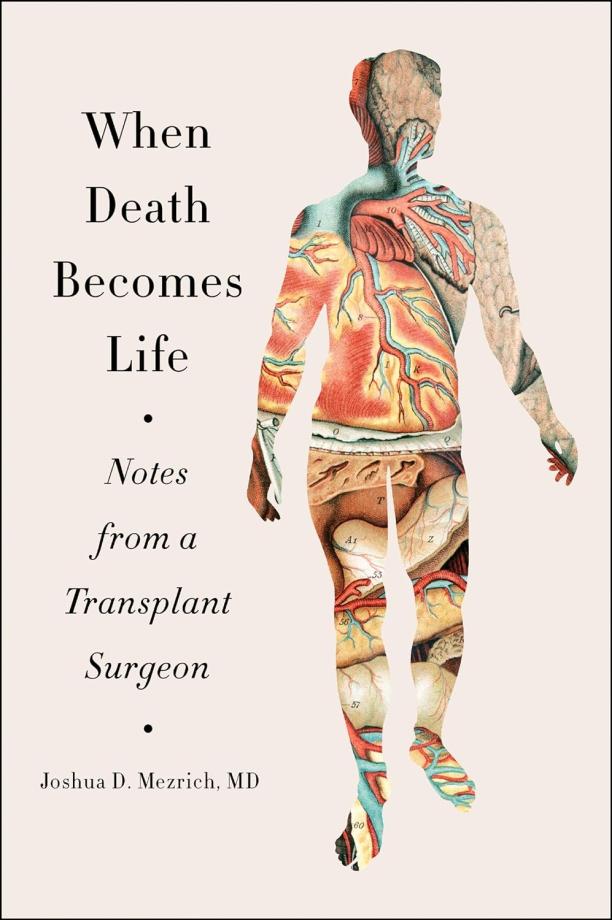
When Death Becomes Life
Notes from a Transplant Surgeon
Joshua D. Mezrich
The book offers an intimate look into the world of organ transplantation, blending medical history, personal anecdotes, and patient stories to illuminate the complex and emotionally-charged field of transplant surgery. It provides insight into the challenges and triumphs experienced by surgeons and patients involved in life-saving transplant operations.
See full summary
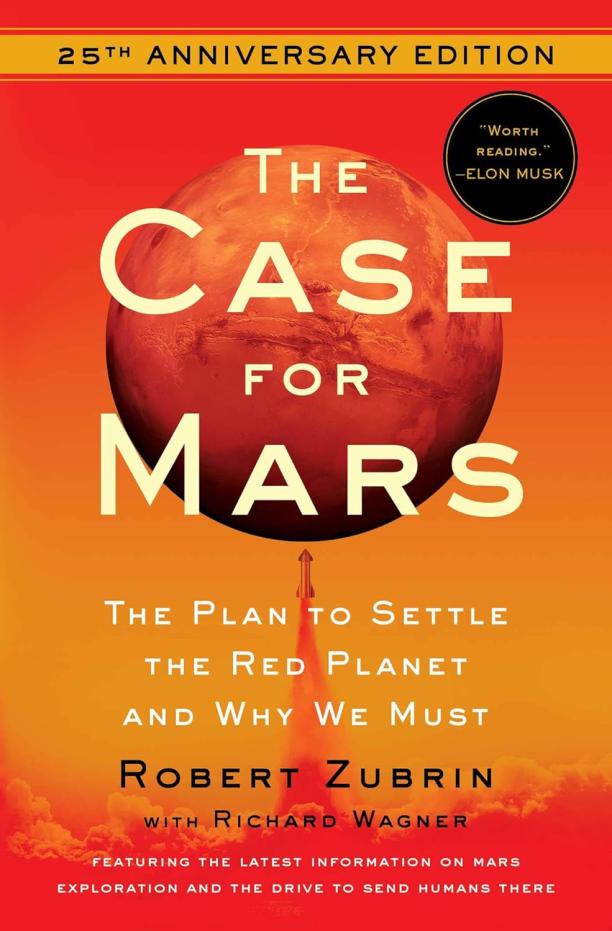
Case for Mars
The Plan to Settle the Red Planet and Why We Must
Robert Zubrin
The book presents a detailed plan for a manned mission to Mars, advocating for a practical, cost-effective approach known as "Mars Direct" that emphasizes using local resources for fuel and life support. It argues for the scientific, economic, and cultural benefits of human settlement on the Red Planet, making a compelling case for why such an endeavor is crucial for the future of humanity.
See full summary
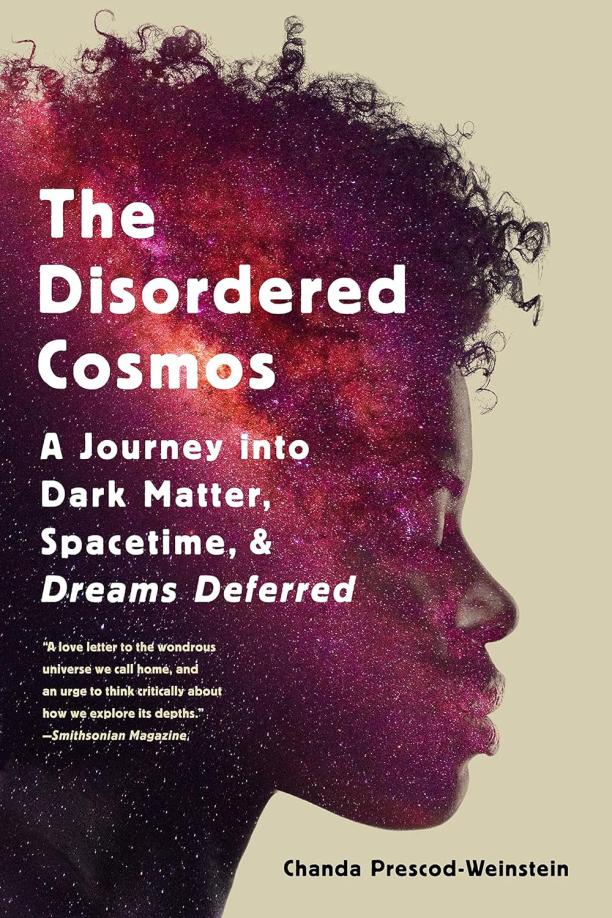
The Disordered Cosmos
A Journey into Dark Matter, Spacetime, and Dreams Deferred
Chanda Prescod-Weinstein
The book explores the universe through the lens of particle physics and cosmology, delving into topics like dark matter and spacetime, while also examining the role of racism and sexism in science. It intertwines scientific concepts with personal narrative and social critique, advocating for a more inclusive and equitable scientific community.
See full summary
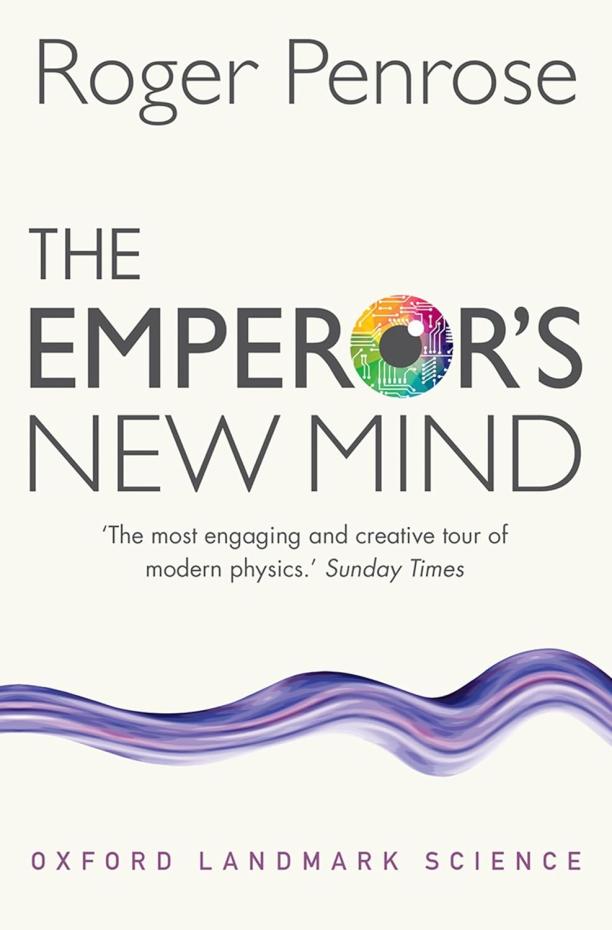
The Emperor's New Mind
Concerning Computers, Minds, and the Laws of Physics
Roger Penrose
The book explores the limitations of computational theories of mind, arguing that human consciousness cannot be replicated by machines due to the non-algorithmic nature of human thought processes. It delves into the realms of quantum mechanics, cosmology, mathematics, and philosophy to support the argument that understanding physical processes alone is insufficient to explain consciousness.
See full summary

Organic Chemistry
Bruice Paula Yurkanis
The book provides a comprehensive overview of the structure, properties, composition, reactions, and preparation of carbon-containing compounds, emphasizing the relationship between structure and reactivity. It includes detailed explanations of mechanisms, synthetic strategies, and the application of organic chemistry principles to real-world problems.
See full summary
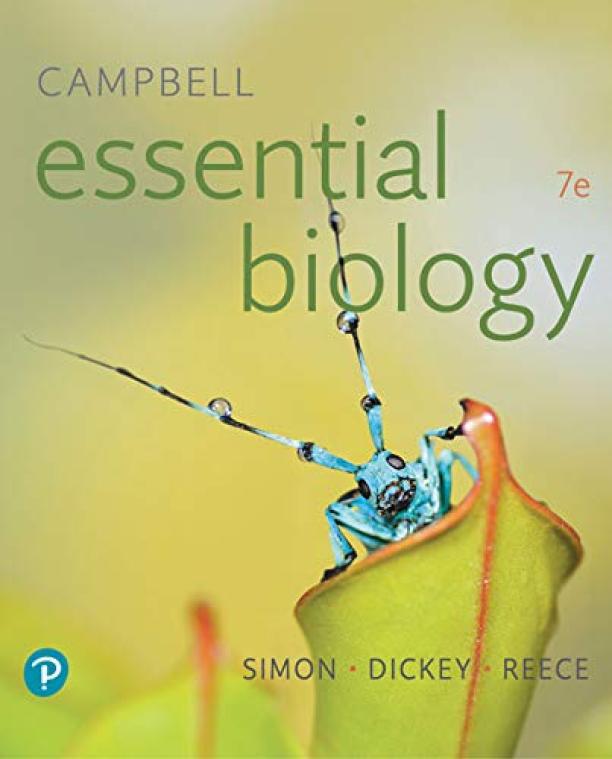
Campbell Essential Biology
Eric J. Simon|Jean L. Dickey|Jane B. Reece
The book provides an introductory exploration of fundamental biological concepts, ranging from the basics of cell structure and function to the complexities of ecological interactions and evolutionary biology. It is designed for non-majors and combines clear explanations with engaging visuals and learning aids to facilitate understanding of the material.
See full summary
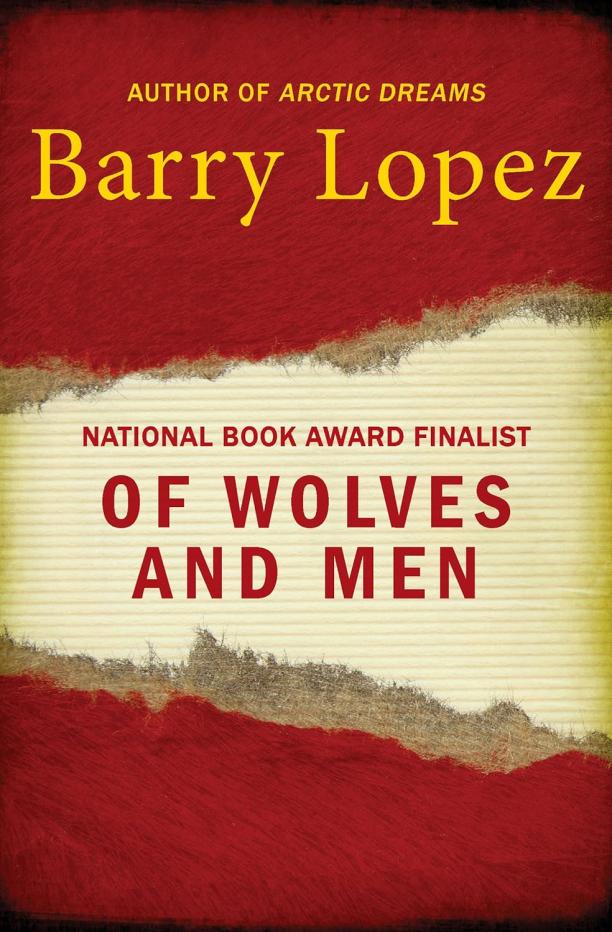
Of Wolves and Men
Barry H. Lopez
The book explores the complex relationship between wolves and humans, delving into the mythology, history, and ecology of wolves. It examines the animal's role in various cultures and the impact of human expansion on wolf populations and their habitats.
See full summary
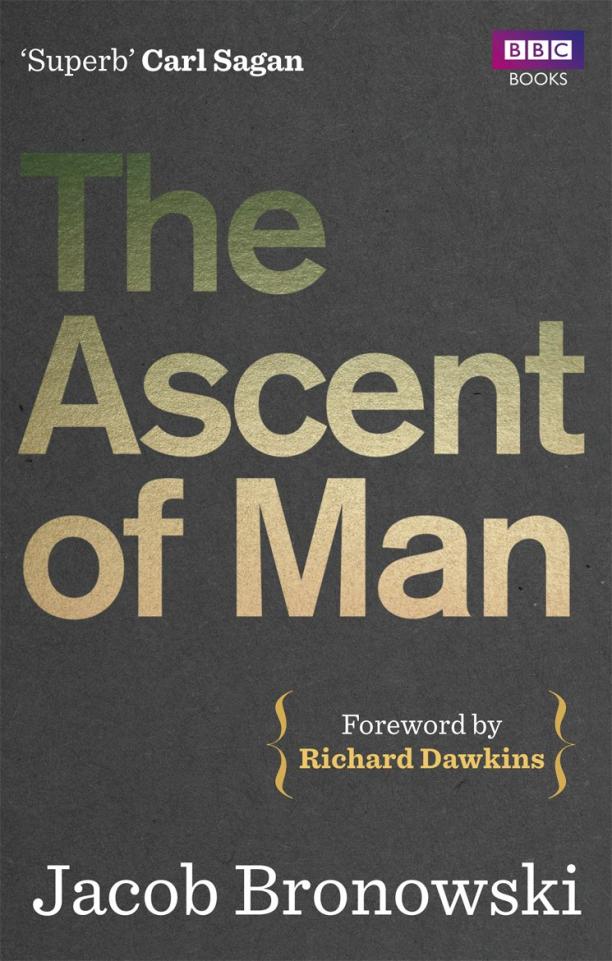
The Ascent Of Man
Jacob Bronowski
The book presents a historical account of human development and scientific progress, exploring the evolution of human society through its relationship with knowledge and discovery. It examines the intellectual achievements that have shaped our understanding of the world, from ancient civilizations to modern scientific breakthroughs.
See full summary
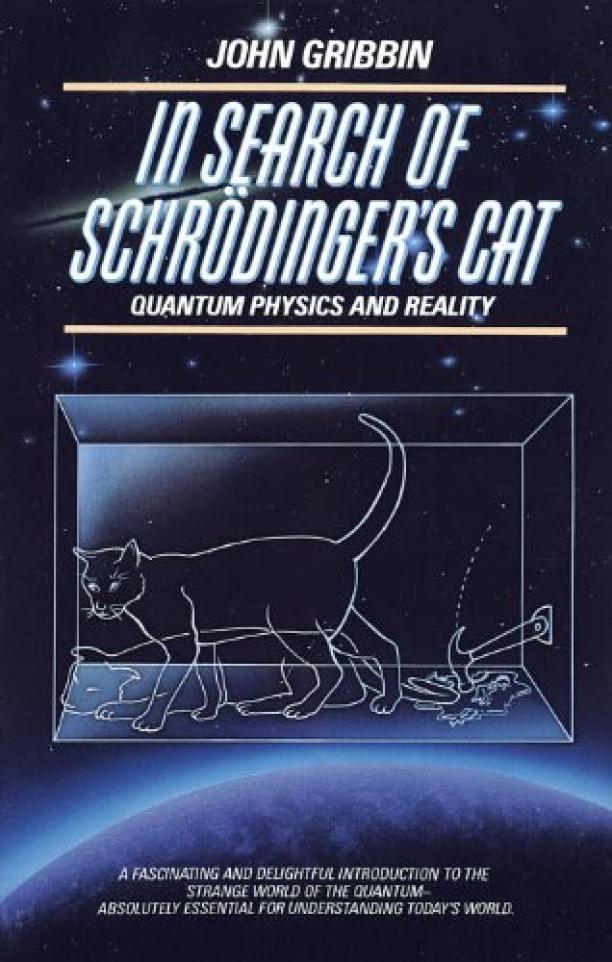
In Search of Schrodinger's Cat
Quantum Physics And Reality
John Gribbin
The book explores the bizarre and counterintuitive world of quantum mechanics, delving into experiments and theories that challenge our understanding of reality. It discusses the historical development of quantum physics, from its inception to the complex implications of phenomena like entanglement and superposition.
See full summary
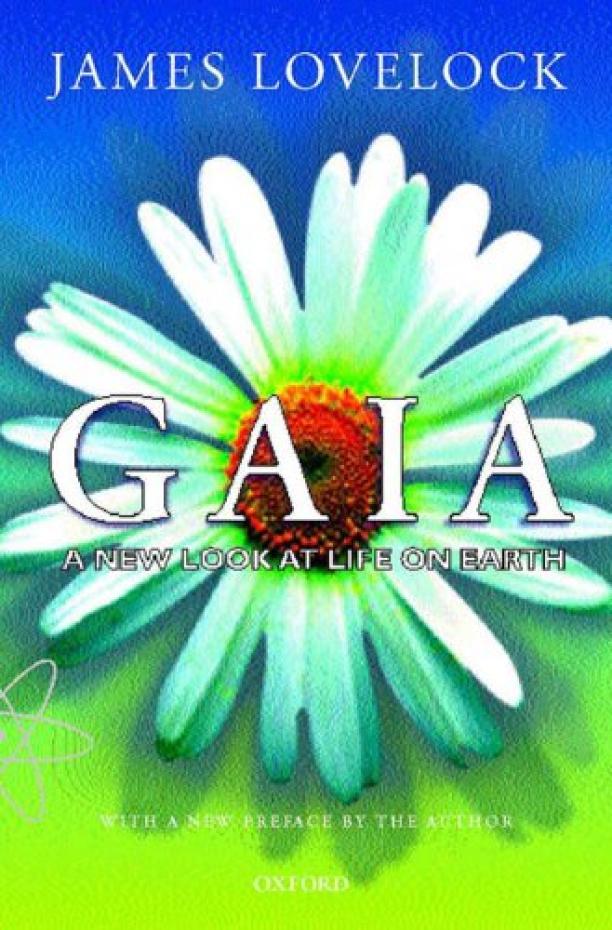
Gaia
A New Look at Life on Earth
James Lovelock
The book introduces the Gaia hypothesis, proposing that Earth functions as a self-regulating system where the biosphere, atmosphere, oceans, and soil interact in a complex, holistic manner. It suggests that living organisms are not merely inhabitants of Earth but play an integral role in shaping the environment, maintaining conditions conducive to life.
See full summary